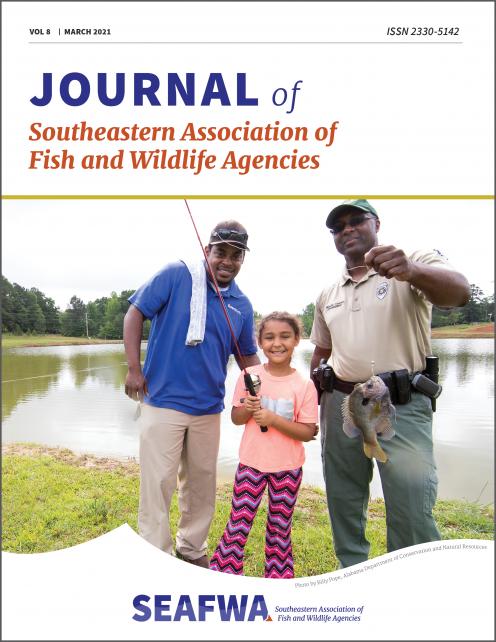Effects of COVID-19 on Wild Turkey Hunter Satisfaction and Behavior in Tennessee
Understanding hunter satisfaction and behavior under normal and abnormal situations is important for effective management of game species by state wildlife agencies. SARS-CoV-2 (COVID-19) created a global pandemic that coincided with the 2020 spring wild turkey hunting season. Concern was expressed by some wild turkey researchers and biologists that COVID-19 lockdown protocols could result in increased hunting effort and unsustainable harvests because of people having more free time. We assessed how COVID-19 and associated lockdown protocols affected hunter satisfaction and behavior during...
